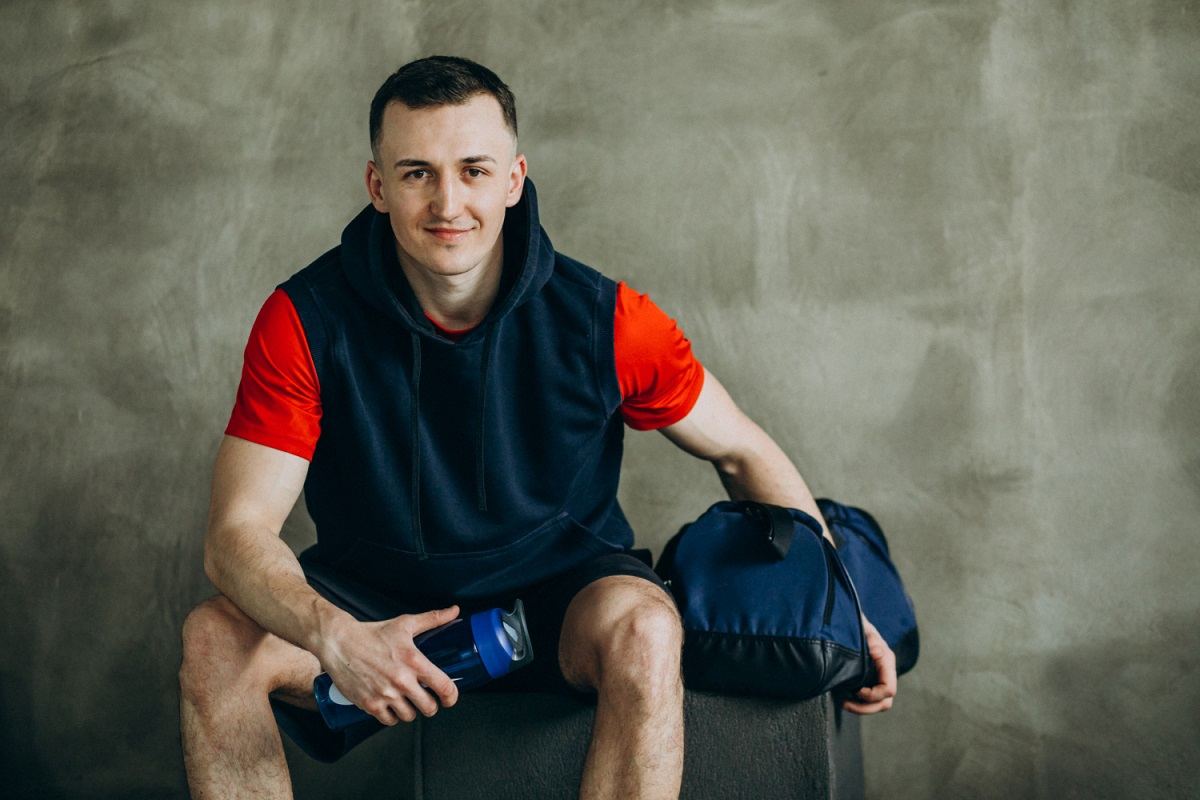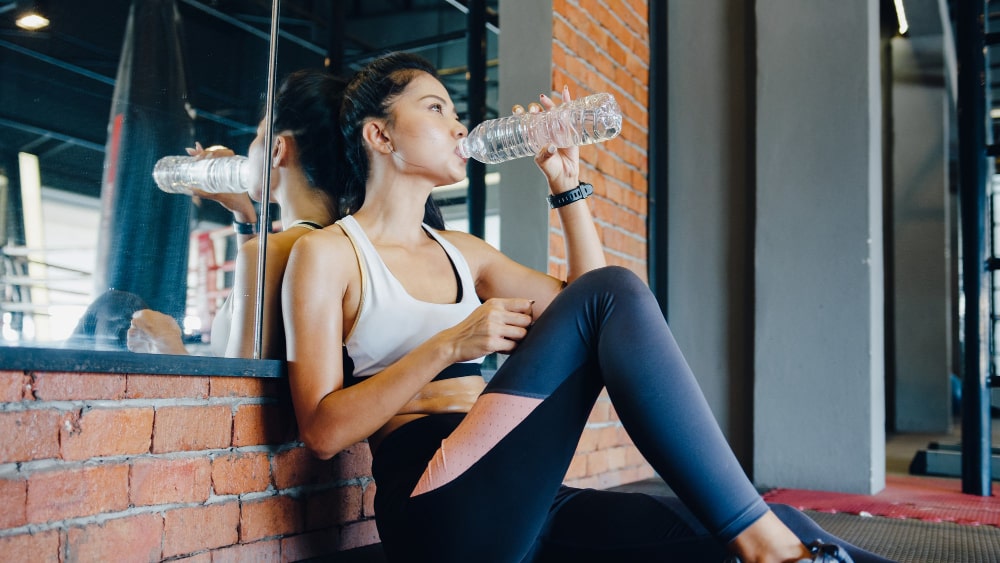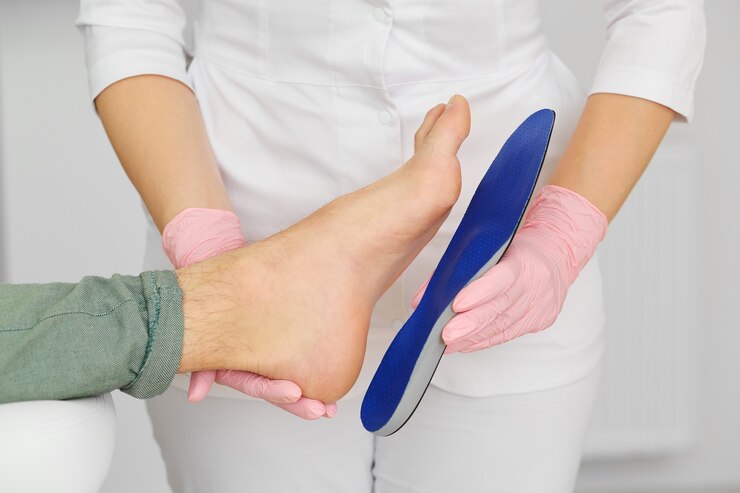Overcoming drug addiction is undoubtedly a journey that requires an approach to address both physical and mental well-being. In years there has been a growing recognition of the impact that sports and adopting a healthy lifestyle can have on the success of drug rehabilitation programs.
This article explores the interconnectedness, between sports, healthy living, and the path to recovery shedding light on how an active lifestyle can bring about change in the realm of drug rehabilitation.
The Therapeutic Role of Sports in Drug Rehabilitation
Drug rehabilitation is a process that demands an approach to tackle the physical, mental, and emotional aspects of addiction. One aspect that has gained attention at times is the therapeutic role of sports in drug rehab.
Engaging in sports activities goes beyond improving fitness; it becomes an empowering tool for individuals on their journey toward recovery.

1. Establishing Physical Fitness as a Foundation
Participating in sports activities offers individuals in drug rehabilitation programs an outlet, for exertion. Regular exercise not only contributes to health improvement but also serves as a powerful means to manage withdrawal symptoms and reduce cravings.
2. Cultivating Discipline and Structure
Involvement in sports fosters discipline and structure which are elements often lacking in the lives of those grappling with addiction. Engaging in sports activities brings a sense of purpose. Helps individuals regain control over their lives.
3. Reducing Stress and Promoting Mental Well-being
The release of endorphins, during activity acts as a natural mood booster contributing to stress reduction and improved well-being. Sports provide an outlet for individuals to cope with the challenges that often accompany the process of rehabilitation. If you’re looking to get a professional drug rehabilitation centre then you may browse this website.
Promoting a Healthy Lifestyle in Drug Rehabilitation
Drug rehabilitation involves a journey toward recovery that goes beyond mere abstinence. Embracing a lifestyle becomes an aspect of this transformative process offering individuals a holistic approach to rebuilding their lives.
From prioritizing nutrition to practicing sleep habits and mindfulness fostering a healthy lifestyle within drug rehabilitation programs plays an essential role in achieving long-lasting recovery.
1. Nutrition as an Essential Component
A lifestyle cannot be achieved without proper nutrition. Drug rehabilitation programs that incorporate nutrition education and provide balanced meals contribute significantly to the recovery of individuals. Diets rich in nutrients support the healing process. Enhance overall well-being.
2. Sleep Habits for Restoration
Quality sleep is crucial, during the recovery journey. By establishing sleep habits within drug rehab programs individuals can ensure they get the rest necessary for both physical and cognitive recovery.
Getting sleep is also important, in reducing the risk of relapse.
3. Mindfulness and Healthy Habits
Incorporating mindfulness practices like meditation and yoga into drug rehab programs can help individuals become more self-aware and better regulate their emotions. These healthy habits contribute to a rounded lifestyle making it less likely for someone to succumb to the pressures that could trigger a relapse.

Building a Supportive Team Environment in Sports-Based Rehab Programs
Embarking on the journey of drug rehabilitation often involves overcoming challenges and incorporating team dynamics into sports-based rehab programs adds an aspect to the recovery process. Beyond efforts, the power of teamwork fosters a sense of belonging, support, and camaraderie that greatly contributes to rehabilitation.
1. The Strength of Teamwork
Sports-based rehab programs often emphasize teamwork creating an environment where individuals feel they belong and have support. Team dynamics encourage camaraderie and mutual encouragement providing those in recovery with a setting that helps them on their path towards sobriety.
2. Peer Support Networks
The relationships formed within sports teams or fitness groups become networks of support. Peers who understand the challenges of addiction provide a sense of community and encouragement fostering a shared commitment, to maintaining sobriety.
3. Leadership and Empowerment
In the world of sports, people have the opportunity to develop their leadership skills and feel empowered. These qualities also apply to the journey of recovery allowing individuals to take control of their lives and make choices beyond the realm of sports.
Overcoming Challenges and Breaking Stereotypes
The road, to drug rehabilitation is filled with challenges, both external that individuals must face to achieve long-lasting recovery.
By incorporating sports and promoting a lifestyle within rehabilitation programs we not only confront these challenges head-on but also play a crucial role in dispelling stereotypes associated with addiction. This dynamic approach focuses on empowerment, resilience, and fostering an understanding of the recovery process.
1. Addressing Stigmas Associated with Addiction
Integrating sports and a healthy lifestyle into drug rehabilitation helps challenge stigmas surrounding addiction. It emphasizes the potential for recovery and personal growth while breaking down stereotypes leading to an understanding of individuals in their journey towards rehabilitation.
2. Customizing Programs for Diverse Needs
Recognizing that individuals have interests and abilities drug rehab programs that incorporate sports should offer a variety of activities. This customization ensures that each person can find an activity that resonates with them personally increasing their chances of engagement.
3. Measuring Success Beyond Abstinence
Success, in drug rehabilitation, goes beyond abstinence Summarizing the combination of sports and a healthy lifestyle offers a rounded approach that brings about changes, in physical well-being, mental health, and the development of essential life skills.

Conclusion
In conclusion, the synergy between sports embracing a lifestyle, and undergoing drug rehabilitation is a catalyst that helps individuals succeed in their journey toward recovery.
Engaging in sports activities not brings about benefits but also contributes to mental and social well being making it an integral part of addiction treatment. As we continue to explore methods for rehabilitation recognizing the potential of sports and healthy living offers hope, for those striving to break free from addiction.



